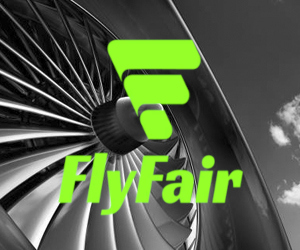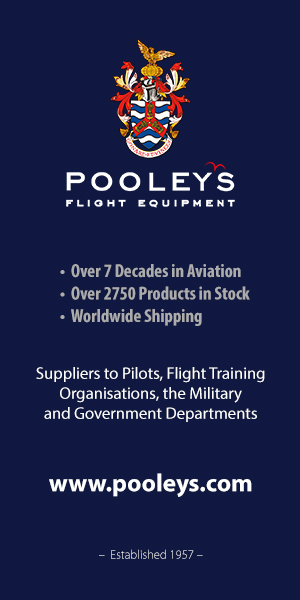Although it is not required to have any flying experience before starting training as a commercial airline pilot, we do recommend you have at least one taster flight to make sure it really is the career for you.
We also highly recommend you consider gaining your Class One Medical before committing large sums of money to any flight school. You can find out about the Class One Medical here.
The main factor in deciding which route to take to the flight deck is the manner in which you plan to train.
COVID NOTE: Due to the unpredictable impact the Covid 19 pandemic has had on the aviation industry, we would recommend spreading both the cost and duration of training over a longer period of time.
Below we have briefly introduced the impacts of training full-time and part-time to help you decide which route suits you.
Training full-time increases the continuity of your training and reduces the time you spend training but also requires a large outlet of money in a short amount of time. It is also not possible to work alongside full-time commercial flight training.
Part-Time flight training offers you the ability to earn while you train, pay as you go and control the speed of your training. However commercial flight training is intense so part-time training requires better time management and has worse continuity.




